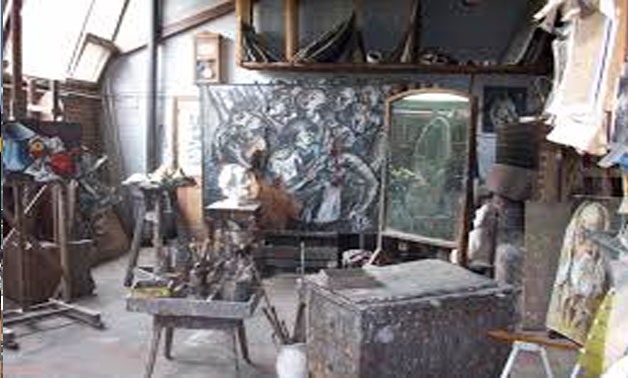
Mar del Plata, an Argentine city in the southeast part of Buenos Aires Province located on the coast of the Atlantic Ocean- Wikipedidia
Buenos Aires - 7 July 2017: Mauricio Macri promised a free-market revolution in Latin America's third-biggest economy when he took over as president of Argentina.
A year and half on, Macri is facing midterm elections in October, and his people are still waiting -- a third of them living in poverty.
The millionaire businessman and former football executive vowed to achieve "zero poverty" by rolling back 12 years of leftist policies after he took office in December 2015.
But the great recovery is slow in coming.
"You don't get to paradise from one day to the next," Macri's chief of staff Marcos Pena admitted recently.
"We still face enormous challenges."
On taking office, Macri insisted that stabilizing the public finances was the way back to growth and prosperity.
He launched unpopular public budget cuts and settled debts to foreign creditors whom his predecessor Cristina Kirchner had defiantly branded "vultures."
He scrapped export and currency controls, devaluing the peso to try to make Argentina more competitive.And he tried to rein in inflation which at 40 percent last year was sorely hurting Argentines' wallets.
Pena said in May that Argentina had exited recession. But economists are not convinced of the strength of the recovery.
"Eighteen months into the government's term, Argentina has lifted exchange-rate restrictions and paid off its debts to the 'vulture funds,'" economist Pablo Tigani told AFP. "But the macroeconomic situation has got worse."
Macri's government caused a stir last month by issuing a 100-year sovereign bond. Investors lapped it up.
"The government is taking advantage of the low level of debt that the Kirchners left," said Carugati.
"But maintaining the deficit through debt only works as a temporary measure."
The debt sale raised jitters among Argentines with painful memories of the country's catastrophic default in 2001.
The economy ministry says Argentina's public debt, at 54 percent of gross domestic product, is currently lower than that of various emerging economies such as Brazil.
"We should stay calm," said Nicolas Dujovne, commenting on the debt sale.
"We can use this mechanism as a transition measure until we finish lowering the deficit and defeating inflation."
Despite the sale, US investment bank Morgan Stanley the next day maintained its rating of Argentina as a "frontier economy."
"That is a real insult because a frontier country is like a crazy country," said Tigani.
"It is not even an 'emerging' one, which is a euphemism for 'poor'."
A study by the Argentine Catholic University indicated that a third of people in the country are living in poverty.
UNICEF estimates that half of all children in Argentina are living in poverty.
Unions say that 11,000 public- and 200,000 private-sector employees have been laid off since Macri took over.
Some 6,000 small and medium-sized businesses went bust last year, said Mariano Mayer, a junior business minister.
Multinational food and drink giant Pepsico last month closed a factory in Buenos Aires.
"Six hundred of us workers have ended up in the street," a union delegate for workers at the factory, Camilo Montes, told AFP.
"We do not want to be just paid off because then a year from now we will have nothing to eat."


Comments
Leave a Comment